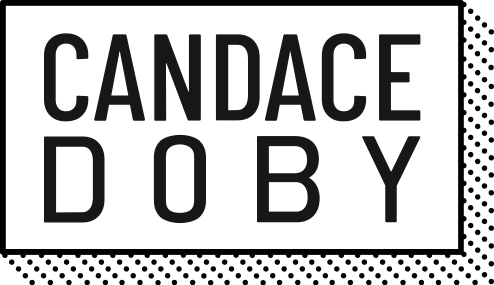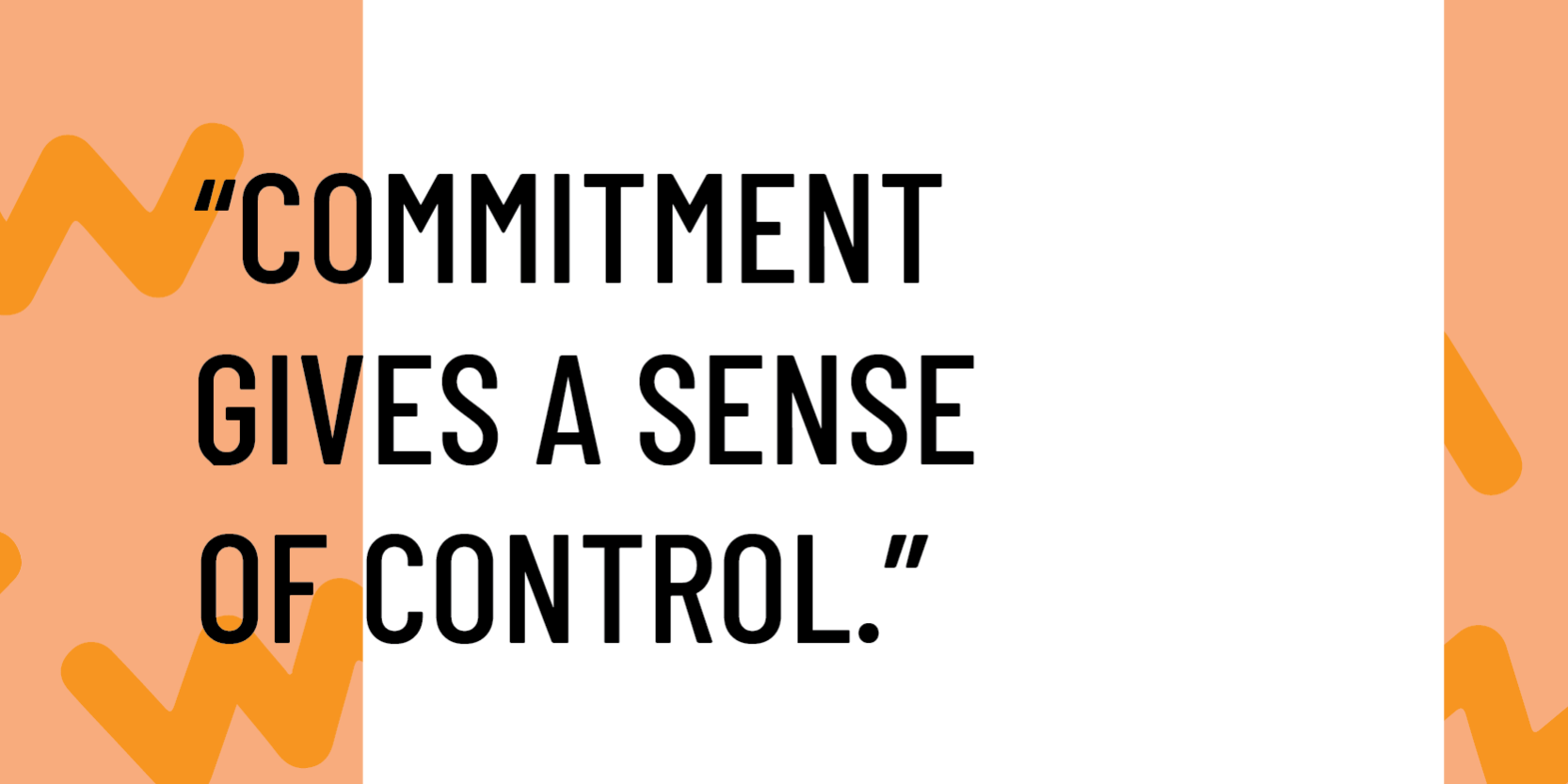
I was one click away from buying a round-trip ticket to Ubud, Indonesia. An arduous slow dance with Fear got me to that point. I took one measured step at a time and pushed Fear back at the same pace.
But, now, Fear wasn’t so moveable. It sat beside me at my desk, shoulder to shoulder, reiterating with vigor why traveling across the world by myself was a terrible idea. I could get hurt or kidnapped or lost or panicked or homesick or stranded or confused or swindled.
Its tone transitioned from authoritative to desperate, but the entire diatribe registered as nagging.
My finger hovered over the ENTER key, the cursor over the SUBMIT button. I tried to give equal attention to my desire, Fear’s logic and the website’s countdown clock. There was 1 min: 23 seconds left before the ticket would be released.
I took a deep breath out of exasperation. Surprisingly, it opened up enough space for stillness, and the stillness allowed my finger to descend on ENTER. I clicked.
I bought the ticket. I spent $1500 of hard earned money. I was going to Indonesia, and, ironically, I wasn’t flustered to undo what I had done.
I expected Fear to berate me. “How could you? Are you stupid? You have no idea what you’ve gotten yourself into!” But, it didn’t (or rather, I didn’t hear it). Instead, I felt a deep sense of relief. I felt in control, powerful and courageous.
Why?
[gdlr_heading tag=”h2″ size=”25px” color=”#000000″ ] COURAGE AND COMMITMENT[/gdlr_heading]
Courage and commitment are connected. Commitment gives a sense of control, and control manages fear. Any overt action—as simple or as difficult as clicking a button—can create perceived control, which is necessary to reduce fear. On the other hand, lingering in uncertainty, like I did the moments before hitting SUBMIT, helps magnify Fear’s voice and influence.
Purchasing the ticket gave me a sense of control; but, how did I decide to do it? The answer can, again, be found in the connection between courage and commitment. I made several small commitments on the journey to Indonesia long before sitting down at my desk. I committed to seriously considering the trip, putting away money, developing a ‘things to do’ list and researching where to stay.
CONSISTENCY PRINCIPLE
Those smaller commitments made it increasingly possible and necessary for me to summon courage to make the larger commitment of buying a ticket. This is the Consistency Principle at work. It holds that a person will have a strong psychological need to behave consistently with a commitment he or she has made. So, clicking SUBMIT and buying a ticket justified my earlier, smaller commitments on the journey to Indonesia. In addition, those earlier, smaller commitments took effort. Evidence about the Consistency Principle reveals that the more effort that goes into a commitment, the greater is its ability to influence the behavior of the person who made it.
Commitment is one of the essential tools in the courage toolbox, and individuals who want to act courageously should understand how to put it to work. It helped me travel to Indonesia and have one of the best experiences of my life. It can help others along the path to their dreams.







